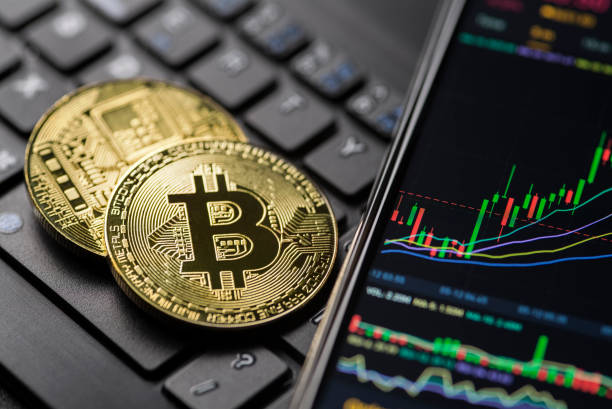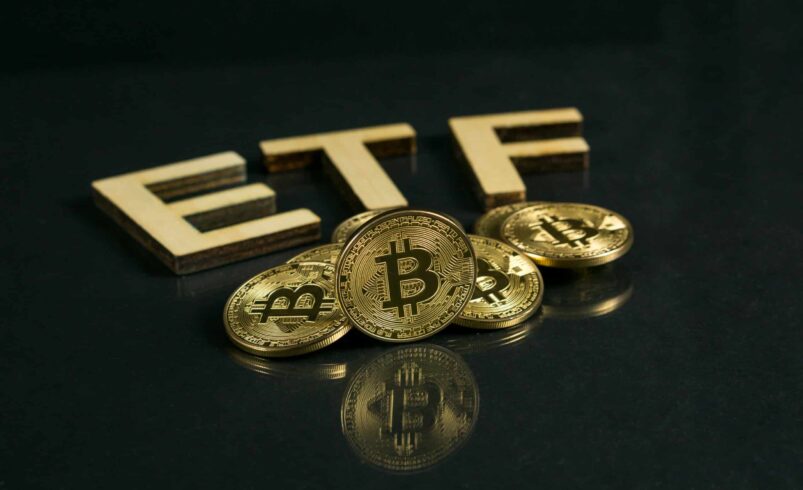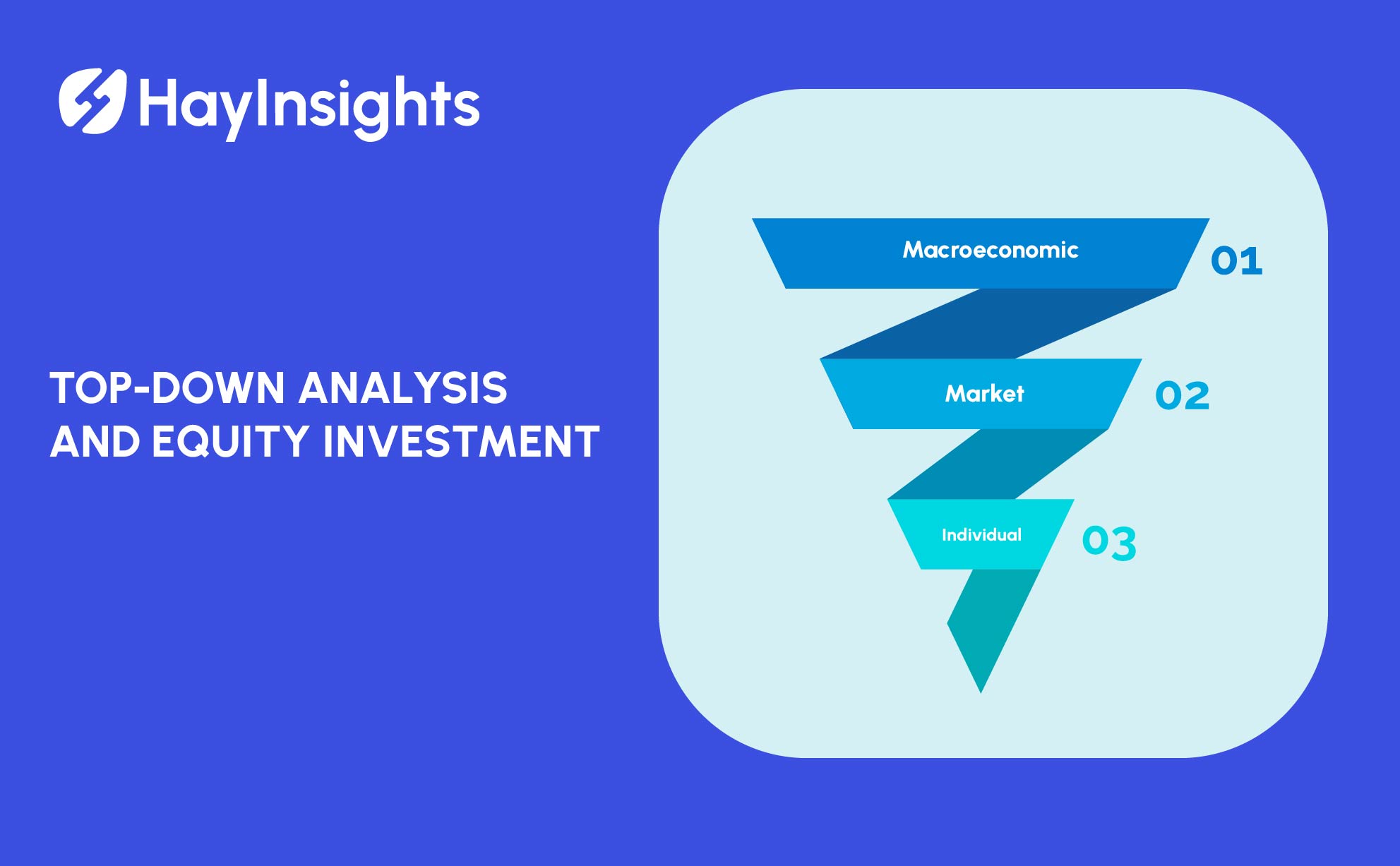
Bitcoin Sentiment in Japan: Trends, Challenges, and Opportunities 2024
Bitcoin continues to dominate conversations within global financial markets, and Japan is no exception. Known for its technological innovation and early adoption of cryptocurrency, Japan’s stance on Bitcoin reflects a mix of cautious regulation, growing corporate involvement, and evolving market dynamics. This article explores Bitcoin’s sentiment in Japan, delving into its regulatory framework, corporate participation, and investor perspectives.
1. Introduction: Bitcoin in Japan
Japan has played a pioneering role in the cryptocurrency sector, being one of the first nations to regulate crypto exchanges and acknowledge Bitcoin as legal tender in 2017. However, as the market matures, Japan’s attitude toward Bitcoin has become a mix of optimism and caution, shaped by regulatory developments, corporate actions, and macroeconomic factors.
2. Regulatory Environment: Balancing Caution and Innovation
2.1 Stringent Oversight
Japan’s Financial Services Agency (FSA) is known for its strict regulatory framework. This cautious approach ensures investor protection and stability but also limits some opportunities for market expansion. The FSA continues to scrutinize crypto exchanges, requiring licensing and adherence to anti-money laundering (AML) and Know Your Customer (KYC) protocols.
2.2 Tax Policies
Cryptocurrency profits in Japan are categorized as miscellaneous income, attracting tax rates as high as 55% for high earners. This classification creates a financial disincentive for retail investors compared to traditional investments like ETFs, which are taxed at a capital gains rate of approximately 20%.
2.3 ETFs: A Missed Opportunity
Despite global advancements, such as the U.S. approving spot Bitcoin ETFs, Japan has not introduced similar products. ETFs could potentially attract institutional investors, but the absence of such offerings reflects the government’s hesitancy to fully integrate Bitcoin into mainstream financial systems.
3. Corporate Engagement: A Positive Outlook
3.1 Bitcoin Adoption by Corporations
Japanese corporations are making significant inroads into the Bitcoin market. Tokyo-based Metaplanet, for instance, doubled its Bitcoin holdings in 2024, reporting a 155% yield in the third quarter. With over 1,000 BTC in its portfolio, the company has shown how corporate entities are leveraging Bitcoin as a strategic asset.
3.2 Partnerships and Blockchain Integration
Japan’s corporate sector is also exploring blockchain technologies, which complement Bitcoin’s use case. From financial institutions integrating blockchain into their payment systems to gaming companies incorporating Bitcoin for microtransactions, businesses are capitalizing on cryptocurrency’s broader ecosystem.
4. Market Dynamics: The Role of the Yen
4.1 Bitcoin as a Hedge Against Yen Weakness
As the Japanese yen depreciates against major currencies, Bitcoin has gained appeal as a hedge. In February 2024, Bitcoin reached record highs against the yen, fueled by concerns over inflation and currency instability.
4.2 Increased Retail Interest
The weakening yen has led to renewed interest in Bitcoin among retail investors seeking to preserve wealth. Japan’s younger demographic, already familiar with digital finance, is driving adoption, despite regulatory and tax challenges.
5. Investor Sentiment: A Global and Local Perspective
5.1 Crypto Fear & Greed Index
While Japan-specific sentiment data is limited, the global Crypto Fear & Greed Index indicates “Extreme Greed” in the market, with a score of 88. This metric reflects bullish momentum, which can influence Japanese investors who are attuned to global market trends.
5.2 Japanese Investor Behavior
Japanese investors are traditionally conservative, preferring safe assets like bonds and real estate. However, Bitcoin’s growing appeal as a digital gold-like asset is slowly changing perceptions, especially among tech-savvy individuals.
6. Challenges Facing Bitcoin in Japan
6.1 Regulatory Barriers
The stringent oversight and high tax rates deter some retail and institutional participation. Without a more favorable regulatory environment, Bitcoin adoption may plateau.
6.2 Public Trust
Despite being an early adopter, Japan’s crypto industry suffered a setback with high-profile incidents like the Mt. Gox hack in 2014. While regulations have improved, public trust in cryptocurrencies still requires rebuilding.
6.3 Competition from CBDCs
Japan is actively developing its own central bank digital currency (CBDC), which could compete with Bitcoin for mainstream acceptance.
7. Opportunities for Growth
7.1 Institutional Adoption
With increasing global recognition of Bitcoin as a legitimate asset, Japanese financial institutions may explore crypto custody services and investment products.
7.2 Blockchain Innovation
Japan’s strong tech ecosystem offers opportunities to integrate Bitcoin into blockchain projects, enhancing its utility in areas like payments and supply chain management.
7.3 Educating Investors
Promoting financial literacy around Bitcoin and cryptocurrencies could encourage more informed participation from retail investors.
8. Conclusion: The Road Ahead for Bitcoin in Japan
Japan’s Bitcoin sentiment is complex, blending cautious regulatory policies with growing corporate interest and fluctuating market dynamics. While challenges such as high taxation and public skepticism persist, opportunities abound in the form of institutional adoption and technological integration. For Bitcoin to thrive in Japan, a balanced approach that supports innovation while ensuring investor protection will be key.
Frequently Asked Questions (FAQs)
1. Is Bitcoin legal in Japan?
Yes, Bitcoin is legal in Japan and recognized as a form of payment under the Payment Services Act.
2. Why are crypto taxes so high in Japan?
Crypto profits are categorized as miscellaneous income, subjecting them to a progressive tax rate that can reach 55%.
3. Are there Bitcoin ETFs in Japan?
Currently, Japan has not approved spot Bitcoin ETFs, reflecting regulatory caution.
4. How do Japanese corporations view Bitcoin?
Corporations like Metaplanet see Bitcoin as a strategic investment, leveraging its growth potential in their portfolios.
5. What role does the yen play in Bitcoin’s popularity?
The yen’s depreciation has increased Bitcoin’s appeal as a hedge against fiat currency volatility.
6. What is the future of Bitcoin in Japan?
Bitcoin’s future in Japan depends on regulatory reforms, increased corporate adoption, and enhanced public trust in the crypto ecosystem.













